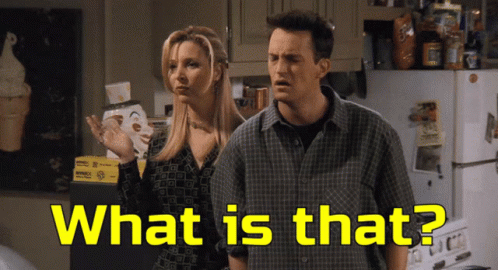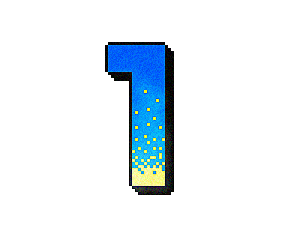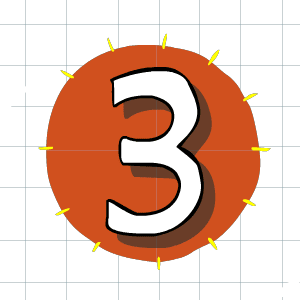DIFFERENT TYPES OF ABBREVIATION
¿What is an abbreviation?
An
abbreviation is a shortened version of a word or phrase.
There are four
different types of abbreviations in English:
- Initialism
- Acronym
- Shortening
- Contraction
____________________________________________________________
An initialism is formed from the first letters of a group of words. We pronounce each letter individually.
EXAMPLES:
- FBI: Federal Bureau of Investigation
- ASAP: as soon
as possible
- CD: Compact
disc
- CEO: Chief
Executive Officer
- USA: United
States of America
____________________________________________________________
ACRONYM
An acronym is formed from the first letters of a group of words. We pronounce the acronym as a word.
EXAMPLES:
- NASA: National Aeronautical and Space Administration
- NATO: North
American Treaty Organization
- PIN: Personal
identification number (code for bank card)
- RAM: Random
access memory (computer memory)
- SIM: Subscriber identification module (card for mobile phone)
____________________________________________________________
SHORTENING
A shortening is an abbreviation in which the beginning or end of the word has been omitted. There are 2 types:
Type 1 (treated as real words)
- app: application (software)
- flu: influenza (an illness)
- blog: weblog (a type of
website)
Type 2 (not treated as real words)
- Feb.: February
- Sat.: Saturday
- etc.: et cetera
____________________________________________________________
CONTRACTIONS
Contractions are
abbreviations in which we omit letters from the middle of a word. We do noot
write a full stop at the end of a contraction. The first letter is a capital
letter only if the full word starts with a capital letter.
Type 1 (missing letters from 1 word)
- Dr: Doctor
- govt: government
- Mr: Mister
Type 2 (missing letters from more than
1 word)
We use an
apostrophe to represent the missing letters:
- he‘s: he is
- they‘d: they would
- I‘ve: I have
_________________________________________________________________









No comments:
Post a Comment